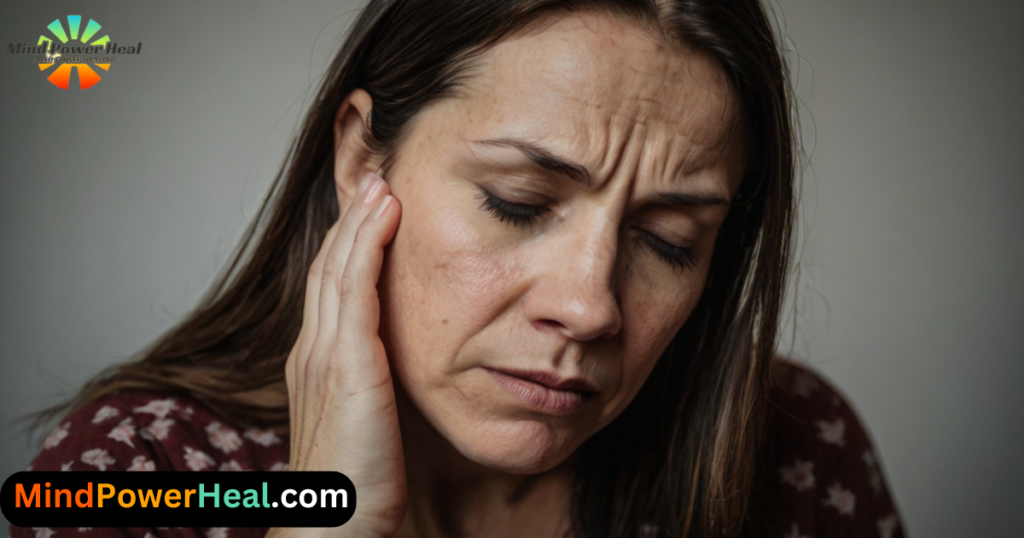Anxiety is a common mental health condition that affects millions of people worldwide. It manifests in various ways, often leading to both physical and psychological symptoms. Understanding the symptoms of anxiety can help in identifying and managing this condition effectively.
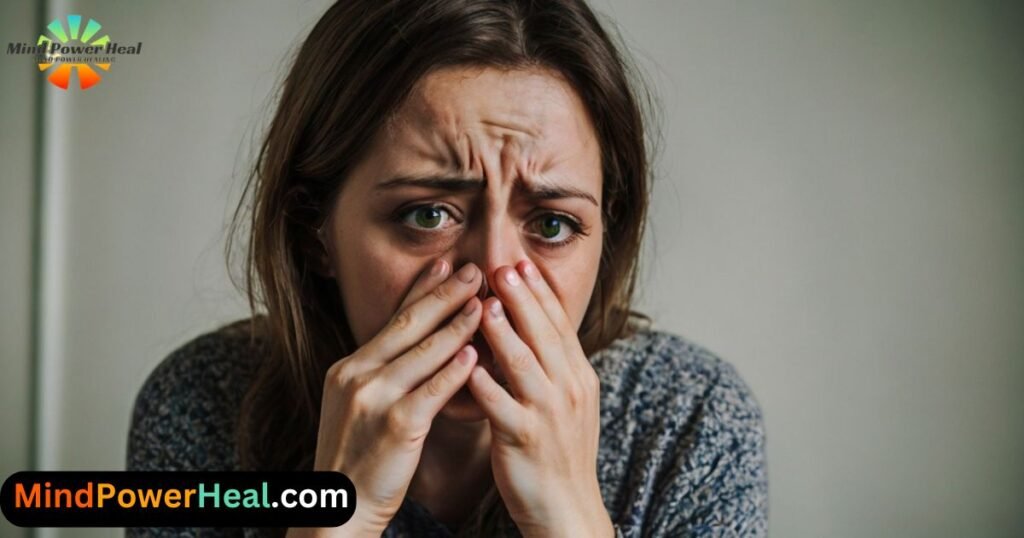
What Are Some Symptoms of Anxiety?
The physical symptoms of anxiety can be quite distressing and may include:
- Increased Heart Rate:
- A rapid heartbeat or palpitations often occur during anxiety episodes.
- Sweating:
- Excessive sweating, even in cool environments, is a common symptom.
- Trembling or Shaking:
- Individuals may experience noticeable shaking or trembling.
- Shortness of Breath:
- Feeling breathless or a sense of suffocation is often reported.
- Gastrointestinal Issues:
- Stomachaches, nausea, and digestive problems can be triggered by anxiety.
- Muscle Tension:
- Persistent muscle tightness or soreness, especially in the neck and shoulders, is a frequent complaint.
- Headaches:
- Chronic headaches or migraines can result from ongoing anxiety.
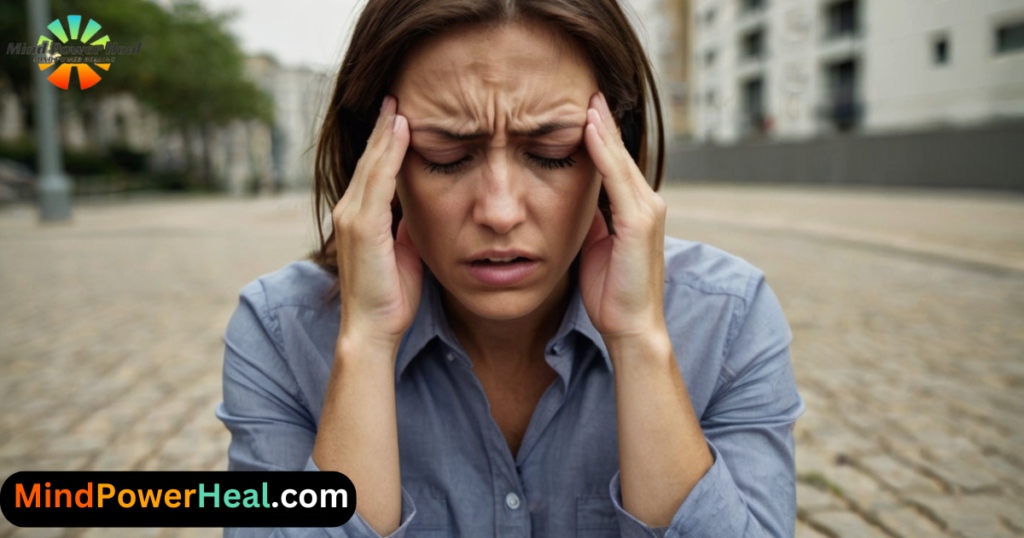
Psychological Symptoms of Anxiety
Anxiety also affects mental and emotional well-being, leading to symptoms such as:
- Excessive Worrying:
- Persistent, uncontrollable worry about various aspects of life.
- Restlessness:
- A feeling of being on edge or unable to relax.
- Irritability:
- Heightened sensitivity and irritability, often over minor issues.
- Difficulty Concentrating:
- Trouble focusing or maintaining attention on tasks.
- Fear of Losing Control:
- A pervasive fear of impending doom or losing control.
- Sleep Disturbances:
- Insomnia or poor-quality sleep, leading to fatigue and further anxiety.
Behavioral Symptoms of Anxiety
Behavioral changes are also common among individuals with anxiety, including:
- Avoidance:
- Avoiding situations or activities that may trigger anxiety.
- Compulsive Behaviors:
- Engaging in repetitive actions to alleviate anxiety.
- Social Withdrawal:
- Reducing social interactions due to fear of judgment or embarrassment.
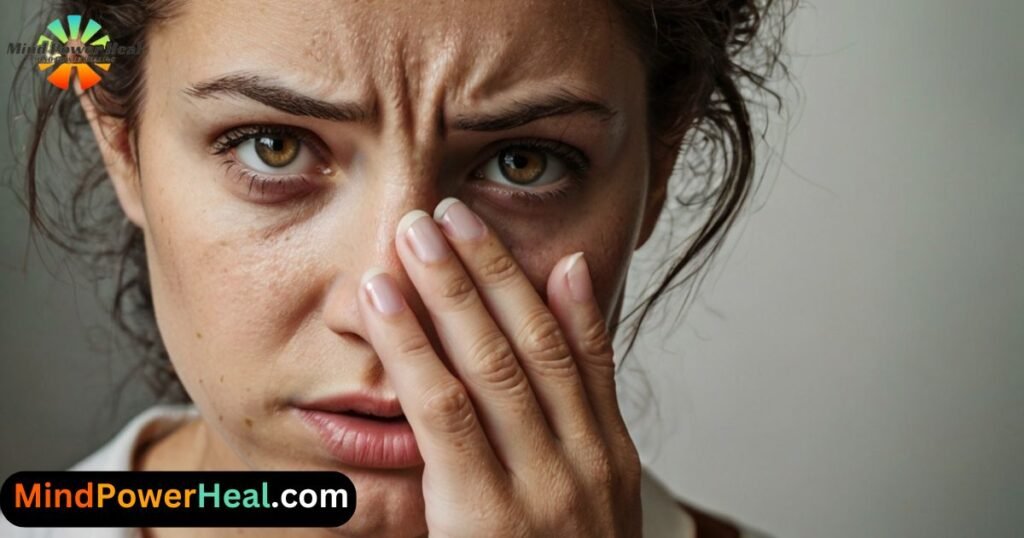
Mind Power Healing for Anxiety
Mind power healing offers a holistic approach to managing anxiety by harnessing the power of the mind to promote relaxation and well-being focusing on What Are Some Symptoms of Anxiety?. Techniques such as mindfulness meditation, positive affirmations, and visualization can significantly reduce anxiety symptoms. Mindfulness meditation helps individuals stay grounded in the present moment, reducing the tendency to ruminate on past or future worries.
Positive affirmations replace negative thought patterns with empowering beliefs, fostering a more optimistic outlook. Visualization techniques involve imagining peaceful and calming scenarios, which can help alleviate physical symptoms like muscle tension and headaches. By incorporating mind power healing practices into daily routines, individuals can cultivate a sense of inner peace and resilience, effectively managing the symptoms of anxiety.
Conclusion:
In conclusion, understanding what are some symptoms of anxiety is crucial for identifying and managing this common condition. By recognizing the physical, psychological, and behavioral symptoms, individuals can seek appropriate treatment and support. Mind power healing offers valuable techniques for alleviating anxiety symptoms and promoting overall well-being.
Q1: What are the symptoms of anxiety in adults?
A1: In adults, symptoms of anxiety can include excessive worrying, restlessness, muscle tension, headaches, increased heart rate, sweating, and difficulty concentrating. These symptoms can vary in intensity and duration, often interfering with daily activities and overall quality of life.
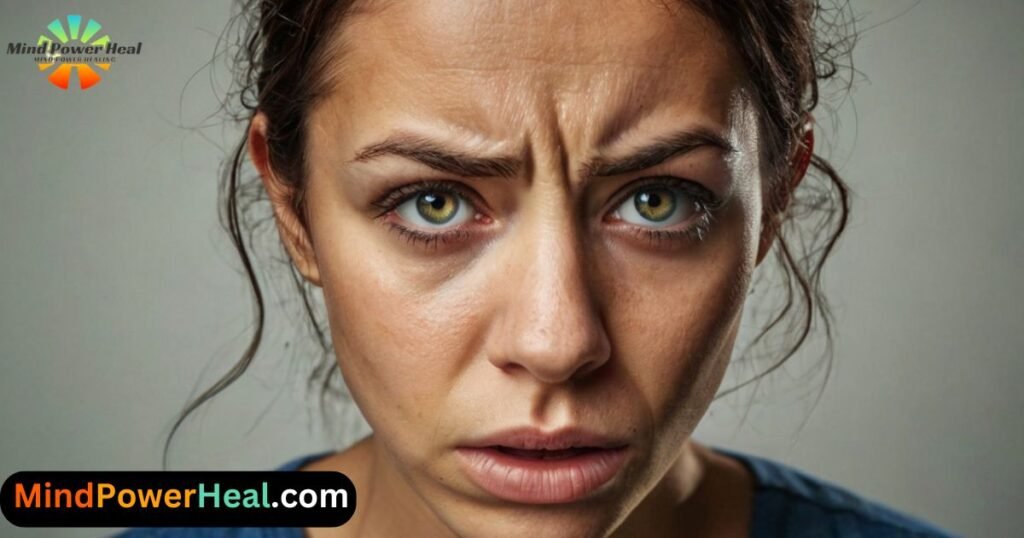
Q2: How do I know if I have anxiety?
A2: If you experience persistent symptoms such as excessive worry, restlessness, irritability, difficulty concentrating, muscle tension, and sleep disturbances, you may have anxiety. It is important to consult a healthcare professional for a proper diagnosis and treatment plan.
Q3: Can anxiety cause physical symptoms?
A3: Yes, anxiety can cause a range of physical symptoms including increased heart rate, sweating, trembling, shortness of breath, gastrointestinal issues, and muscle tension. These physical manifestations are often a result of the body’s fight-or-flight response to perceived threats.
Q4: What are the symptoms of severe anxiety?
A4: Severe anxiety can include intense and persistent worry, panic attacks, overwhelming fear, significant avoidance behaviors, and severe physical symptoms such as chest pain, dizziness, and shortness of breath. Severe anxiety often requires professional treatment to manage effectively.
Q5: Can anxiety cause chest pain?
A5: Yes, anxiety can cause chest pain, which is often a result of muscle tension, rapid heart rate, or hyperventilation. While chest pain can be alarming, it is important to differentiate it from other serious conditions and seek medical advice if necessary.

